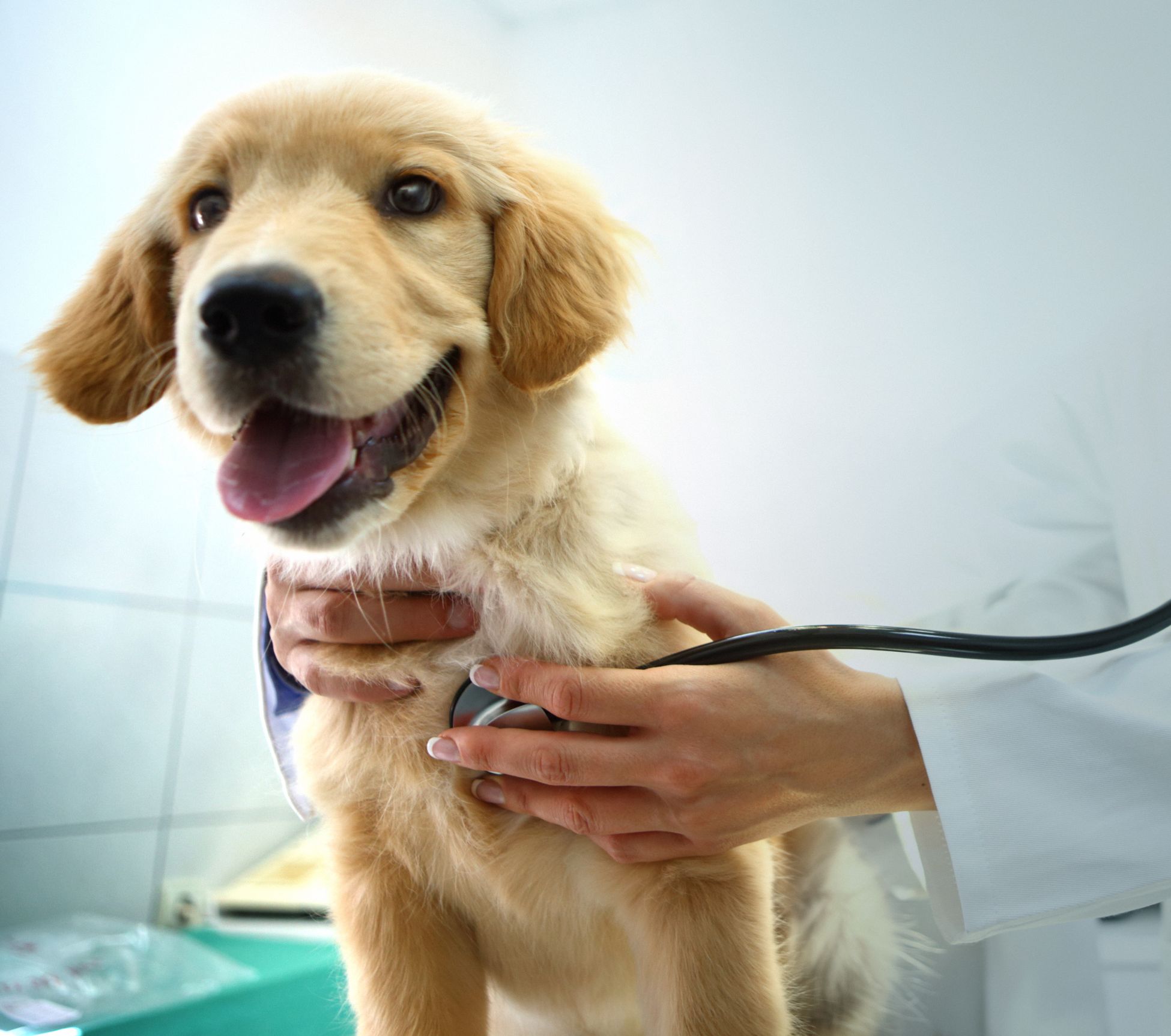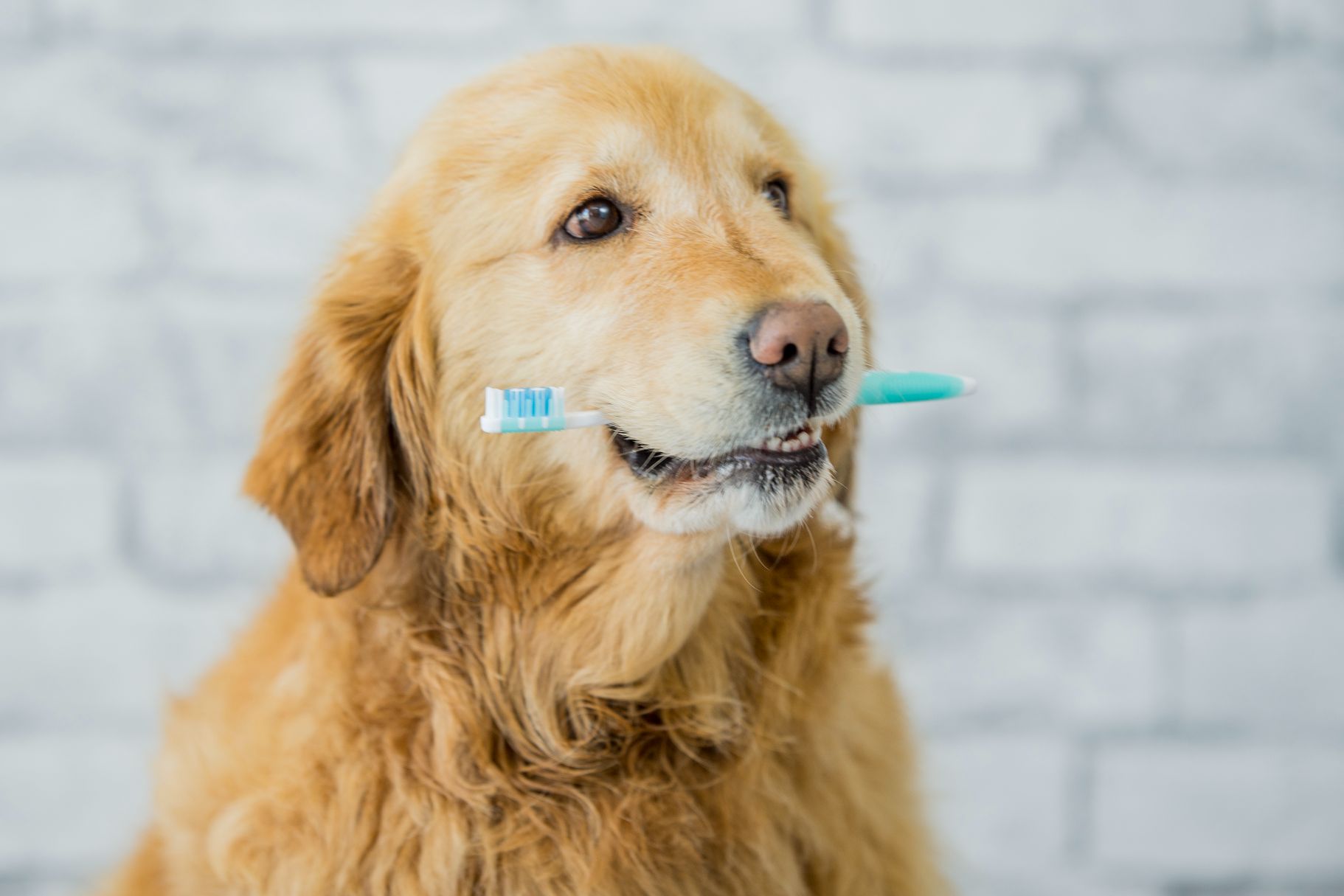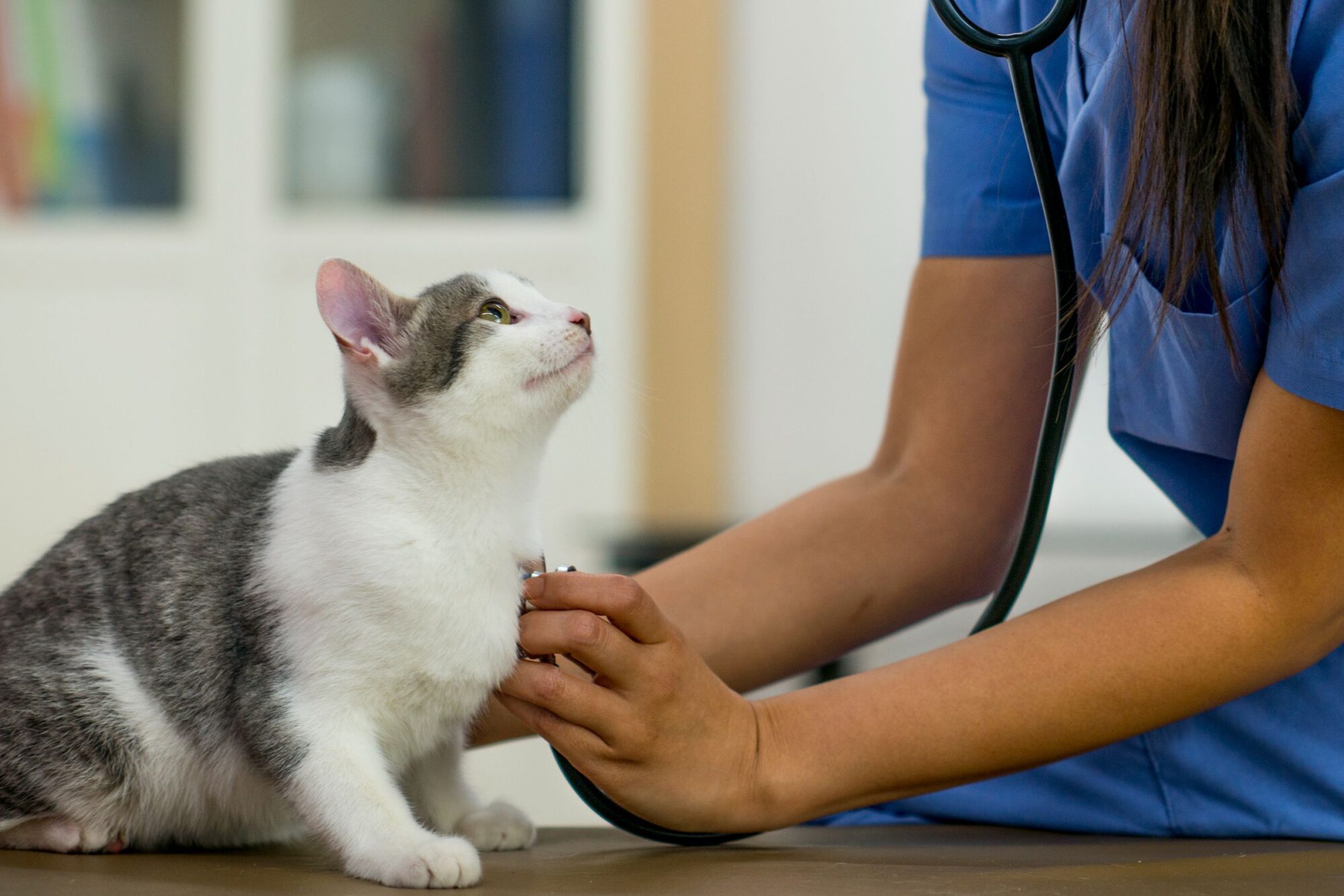Our Blog
Pet Adoption: A Step-by-Step Guide to Finding Your Shelter Companion

If you have the time, resources, and room in your heart to adopt a pet from an animal shelter, you might feel tempted to rush out and bring home your furry friend now. But the team at Bayside Animal Hospital invites you to slow down and read our step-by-step guide to adopting a pet from a shelter.
Pet adoption is a big responsibility, after all, and rescue pets need extra TLC. Here’s what you need to know as you start on your incredible pet adoption journey:
Continue…Year-Round Flea and Tick Vigilance for Your Pets

Fleas, ticks, and mosquitos can really bug our pets when the weather’s warm, but that doesn’t mean our pets don’t need flea and tick prevention when the mercury dips. At Bayside Animal Hospital, we believe in continuous defense when it comes to pests, and in this blog, we’ll explain why year-round flea and tick prevention is important for optimal pet health.
Continue…Recognizing and Managing Diabetes in Pets

Diabetes is a complex disease affecting how your pet’s body uses glucose. This sugar gives the body the energy it needs to function, but it requires insulin to help it do its job. When a pet has diabetes, the insulin isn’t working as it should, which can lead to an energy starvation situation.
If left untreated, diabetes can lead to serious health problems like blindness and organ failure. So as your dog or cat gets older, it’s essential to watch for diabetes symptoms in pets.
The team at Bayside Animal Hospital shares the top five signs to watch out for when it comes to diabetic pets.
Continue…How to Choose the Right Pet Wellness Plan for Your Furry Friend

Routine pet preventive care is the key to helping pets live long, healthy lives, but it can be difficult for some pet parents to pay for this care in one lump sum at each appointment. This is where pet wellness plans can help. Not to be confused with pet healthcare coverage through insurance, pet wellness plans offered by veterinary practices divide the cost of routine pet preventive care into smaller monthly payments.
At Bayside Animal Hospital, we offer pet wellness plans for each life stage to help make cost-effective pet care more accessible.
Read on for the benefits of wellness plans and tips for choosing the right plan to meet your pet’s individual needs.
Continue…Common Health Issues in Senior Pets and How to Manage Them

Responsible pet owners make a profound commitment to take care of their pets for life. While it may seem impossible to think about the senior years of a puppy or kitten, it’s worthwhile to pursue long-term health and wellness from their earliest months. As pets age, certain health conditions can become more prominent. We encourage owners of senior pets to maintain two wellness visits a year in order to support their pet’s changing needs, catch and treat issues early, and prevent associated problems with senior pet diseases.
Continue…Back to School: Puppy Training Basics

It’s that time of year—the air is getting a little crisper, pumpkin spice lattes are on the horizon, and the kids are back in school. It’s also a great time to get back to the ABCs and 123s of puppy training. At Bayside Animal Hospital, school is back in session, and we have plenty of puppy training tips for you to review.
Continue…Cover Your Pup (or Kitty): The Benefits of Pet Insurance

Inflation has been pretty intense over the last year or so, and we are all feeling the pinch from multiple angles. Veterinary care is not exempt from the rising costs of, well, everything. Bayside Animal Hospital knows that you want to provide the best care for your beloved pet, but sometimes money comes into play. Learn if pet health insurance might be a benefit to your furry family.
Continue…Preparing Your Pet for Emergencies: A Guide to Keeping Your Furry Friend Safe

It may not be pleasant to think about emergencies like flooding, wildfires or earthquakes, but when minutes count, disaster readiness can help lessen the trauma for your pets and your family in the event of a manmade or natural disaster.
Our caring team at Bayside Animal Hospital has assembled the following pet safety tips to help you with your emergency planning before disaster strikes.
Continue…Tips and Best Practices for Pet Dental Health

Pet dental health may be one of the most neglected aspects of caring for a pet. If a person never brushed their teeth or visited a dentist we would be appalled, but many pets go their entire life without any dental care at all.
According to the American Veterinary Dental Association about 80% of dogs and 70% of cats have some form of dental disease by the age of three. Providing good pet dental care is vital to keeping your pets happier and healthier.
Continue…Regular Vet Check-Ups for the Best Preventive Pet Healthcare

Who doesn’t want their four-legged family member to live their longest, best life? Bayside Animal Hospital is in the business of keeping our patients as healthy as possible, and routine veterinary care and pet wellness exams are a big part of that.
Continue…

